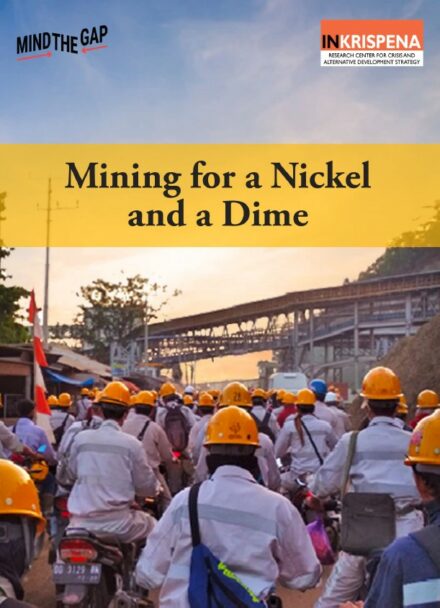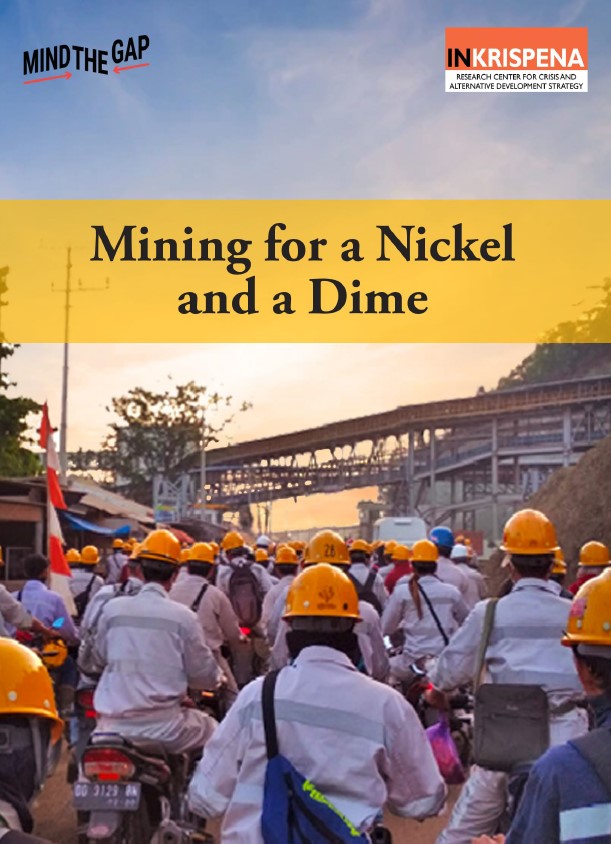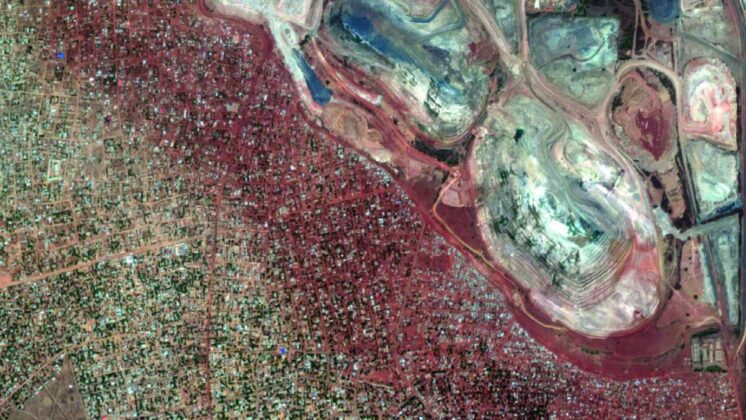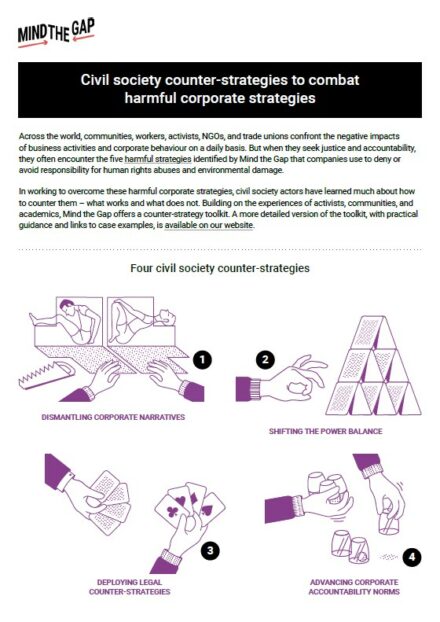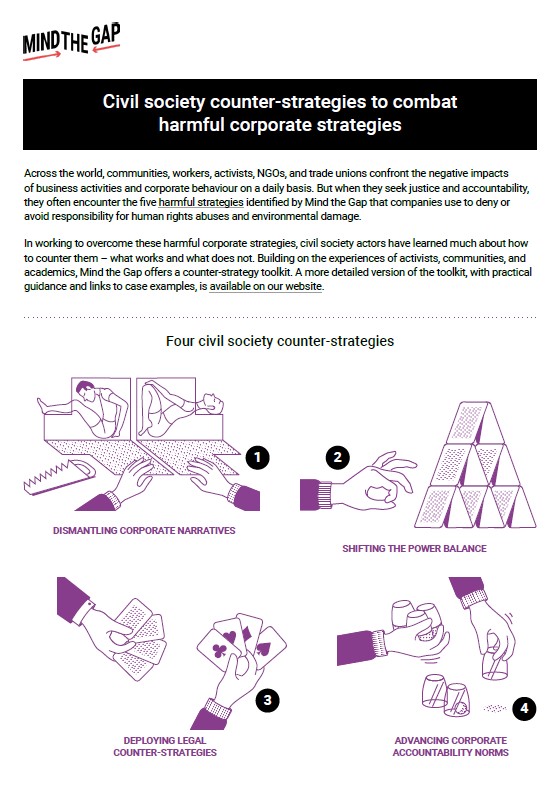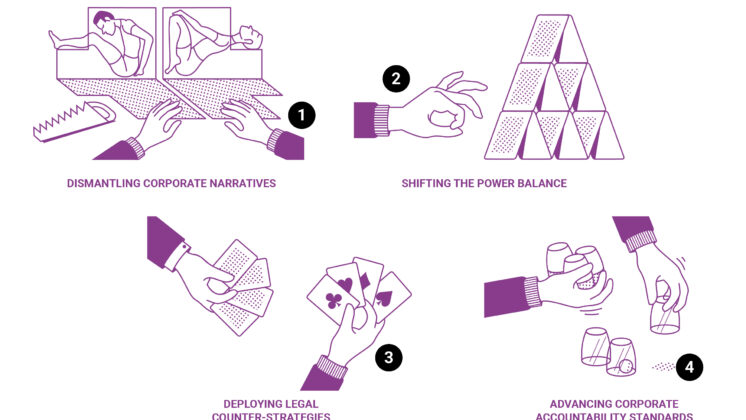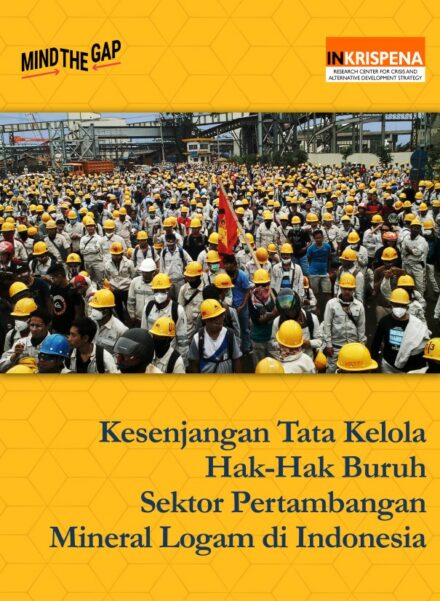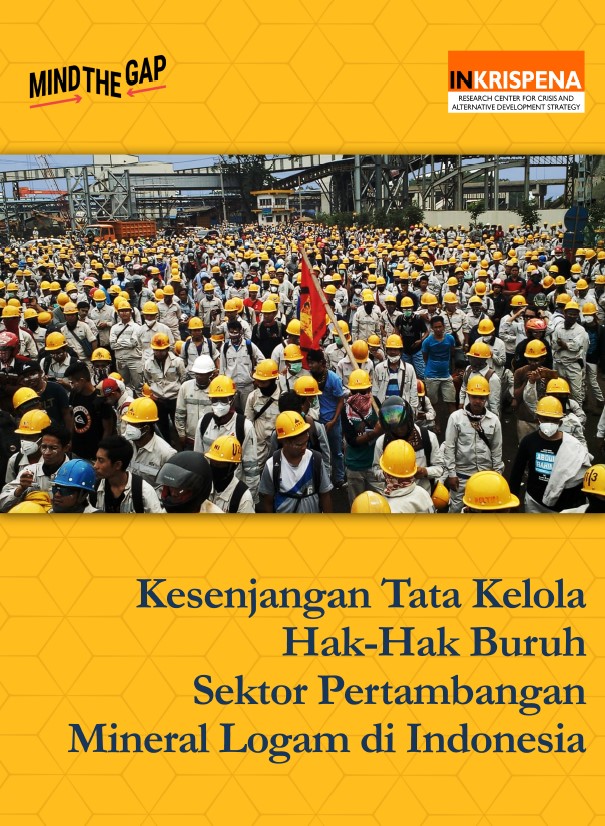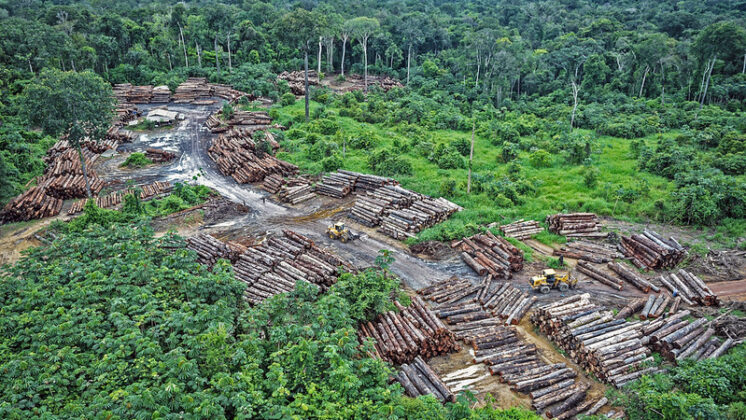In response to protests or demonstrations by communities or HRDs, companies sometimes engage state security forces that act with disproportionate force. By utilising state security forces, the company can distance itself and claim ignorance regarding human rights violations committed by those forces, while benefiting from the result of the violence.
CASE STUDY: Police killed anti-Vedanta protesters in India
Companies may engage or condone state security forces to their benefit by summoning police or military forces they know or should have known will act violently in the company’s interests, or providing crucial logistical support. The usual defence of companies that have engaged state security forces has been that they were just abiding by national laws and practices, or that it is reasonable to call the police when there appears to be a demonstration near their facilities. In reality, companies probably have gone far beyond this, with alleged cases of company agents and military forces working hand in hand.[1]
When state force is used for the interests of companies rather than the protection of all people under the rule of law, and companies take advantage of this, communities are deprived of their rights, including security, property or for indigenous communities their right to free, prior and informed consent.
[1] Kassam, Ashifa. “Canadian Firm to Face Historic Legal Case over Alleged Labour Abuses in Eritrea.” The Guardian, November 23, 2017. https://www.theguardian.com/global-development/2017/nov/23/canadian-mining-firm-historic-legal-case-alleged-labour-abuses-eritrea-nevsun-resources (accessed July 4, 2020); Shenker, Jack. “After the Massacre: Life in South Africa’s Platinum Mining Belt.” The Guardian, August 5, 2014. https://www.theguardian.com/world/2014/aug/15/-sp-south-africa-platinum-mining-massacre-strike (accessed July 4, 2020).


